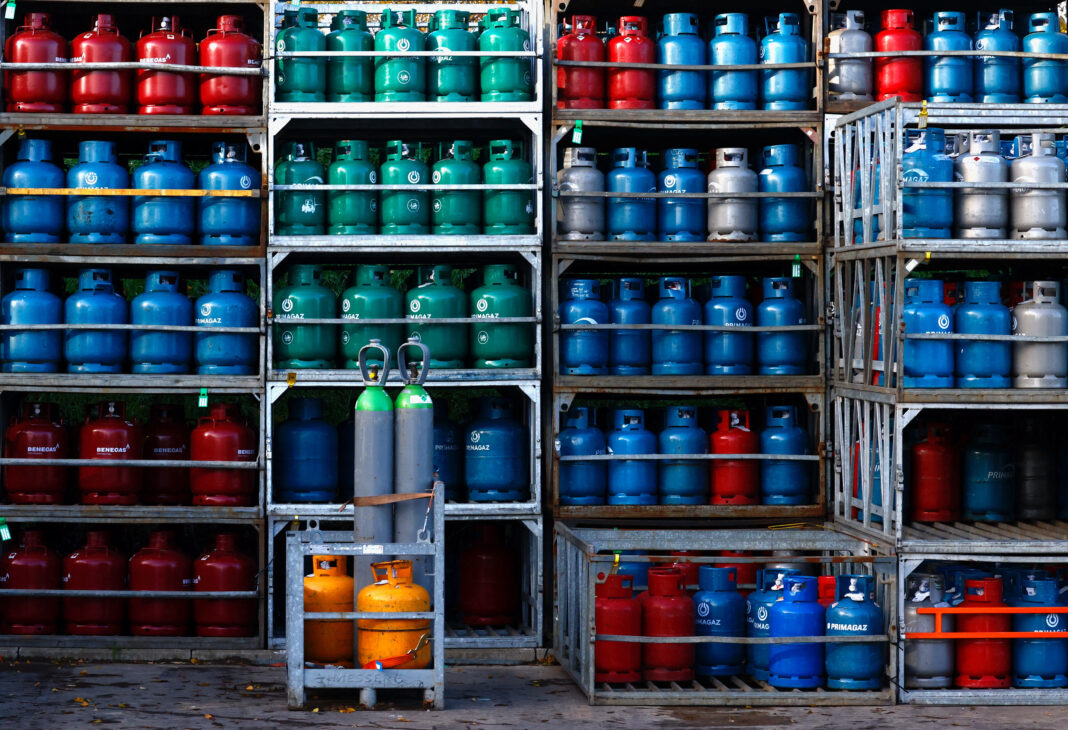An ongoing triple-planetary crisis resulting in an awareness about the need to decarbonize as soon as possible and a need for energy security. What is the role of the EU?
Owing to the war in Ukraine – the economic and energy sector in the European Union will see major changes in the near future, which will also result in changes in the collaboration with other countries outside the EU.
What’s at stake?
Russia has always been the main supplier of natural gas and oil to the EU. Following the Russian invasion however, the European Commission needed to launch the REPowerEU plan, providing for a strategy to gain independence from Russian fossil fuels. In search for new partners for energy security, one does not need to look that far outside the European continent, as one of the major key players in the future can be identified as Turkey, a country whose relationship with the EU has been more than rocky, but which also has a lot of potential, especially when it comes to renewable energy.
Turkey still wants to join the European Union, although in recent years the talks of accession have been almost abandoned, especially due to Turkey’s human rights and rule of law violations, with most EU countries having strong opinions against Turkey’s abuses. However, economic relations through the Customs Union have been strong, seeing as Turkey is one of the major economic partners and the EU even is Turkey’s key import partner.
Following the invasion of Russian armed forces in Ukrainian territory, on February 24, 2022, the urgency to find new partners to establish energy cooperation has risen. The EU member countries started to have a shortage of natural gas and oil because of the dependency on Russia, and have had to adopt new strategies to ensure an adequate supply of these energy sources. Combined with the ever looming threat of climate change, this situation pushed further towards the path of decarbonisation.
All eyes on Turkey – A new partner
The European Union needs to turn to Turkey to consolidate cooperation that will help accelerate the energy transition process towards decarbonisation and ensure an adequate supply of these resources to its member countries. Turkey has a great potential for renewable energy production, especially wind and solar, which has doubled from 2017 to 2021 and is also the fifth largest producer of wind turbines in Europe. For example, the potential for solar power is owed to the fact that Turkey receives the most sunlight in Europe. However, Turkey is far from capping it’s full potential, using only 6,5% of its solar capacity in 2019 and installing less solar power than Spain.
Turkey is continuously establishing privileged relations with Russia, despite the ongoing war. President Erdoğan is the only leader who currently has an ongoing dialogue with Russian president Vladimir Putin. These close relations between Turkey and Russia create many difficulties for the European Union, especially with regard to the issue of energy transition cooperation between the EU and Turkey. Indeed, one of Putin’s goals is to make Turkey the largest gas deposit in Europe. Furthermore, there is no shortage of agreements on nuclear energy. Activation of the Akkuyu nuclear power plant in the Marsin region (southern Turkey), financed by Russian investors, is scheduled for 2023. The contract for the construction was awarded to Rosatom, the Russian atomic energy giant. Turkey wants to become energy independent and the Akkuyu nuclear power plant will be able to produce about 10% of Turkey’s energy needs, reducing the consumption of Russian fossil fuels. In reality, however, the Turkish republic will continue to depend on Russia for energy: as foreseen by the agreement, Russia will control 51% of the quotas once the nuclear power plant is in operation.
Is that the right path for Turkey to take towards energy independence?
The European Union should take action by demonstrating to Turkey that it can achieve energy independence and the zero emissions targets outlined in the Paris Agreement, through finally tapping into its great potential of renewable sources.
So, what is the role of the EU in all of this? Guaranteeing a percentage, to be fixed, of energy imports in its member countries and thus contributing to finance the construction of renewable energy sources in Turkey.
Owing to the war in Ukraine – the economic and energy sector in the European Union will see major changes in the near future, which will also result in changes in the collaboration with other countries outside the EU.
Russia has always been the main supplier of natural gas and oil to the EU. Following the Russian invasion however, the European Commission needed to launch the REPowerEU plan, providing for a strategy to gain independence from Russian fossil fuels. In search for new partners for energy security, one does not need to look that far outside the European continent, as one of the major key players in the future can be identified as Turkey, a country whose relationship with the EU has been more than rocky, but which also has a lot of potential, especially when it comes to renewable energy.




